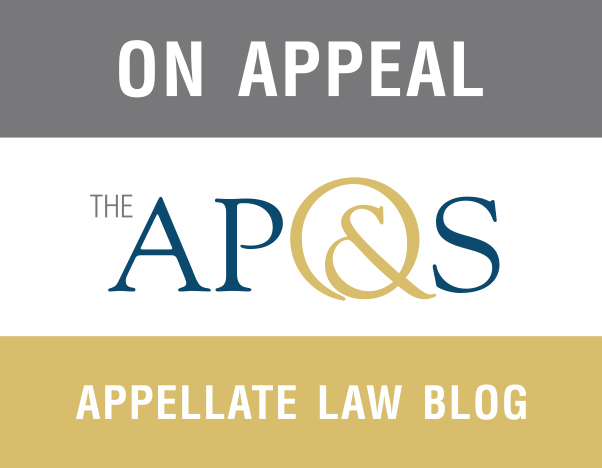In Long, the Rhode Island Supreme Court for the first time made clear that “[a]n injunction is a remedy, not a cause of action.” Long v. Dell, Inc., No. 12-248-Appeal at 23-24 (holding that the Superior Court justice properly dismissed the plaintiff’s request for injunctive relief). In so holding, the Court recognized authority from other jurisdictions holding that injunctive relief is not a cause of action. See Thompson v. JPMorgan Chase Bank, N.A., No. 13-2230, 2014 WL 1586992, at *1 n.1 (6th Cir. Apr. 22, 2014); Koufos v. U.S. Bank, N.A., 939 F. Supp. 2d 40, 46 (D. Mass. 2013)). The Supreme Court’s ruling is consistent with the Superior Court’s recognition in State v. Lead Ind. Assn., Inc. that injunctive relief is not a standalone cause of action. See State v. Lead Ind. Assn., Inc., C.A. No. 99-5226, 2001 R.I. Super. LEXIS 37 (R.I. Super. Ct. Apr. 2, 2001) (concluding that “absent controlling case law establishing that a request for injunctive relief constitutes an independent cause of action, injunctive relief is a remedy and, can not, in itself, be recognized as a substantive claim.”).

(3) AN INJUNCTION IS NOT A CAUSE OF ACTION.
Posted In: Trial Tagged In: Injunction, Rhode Island Supreme Court


